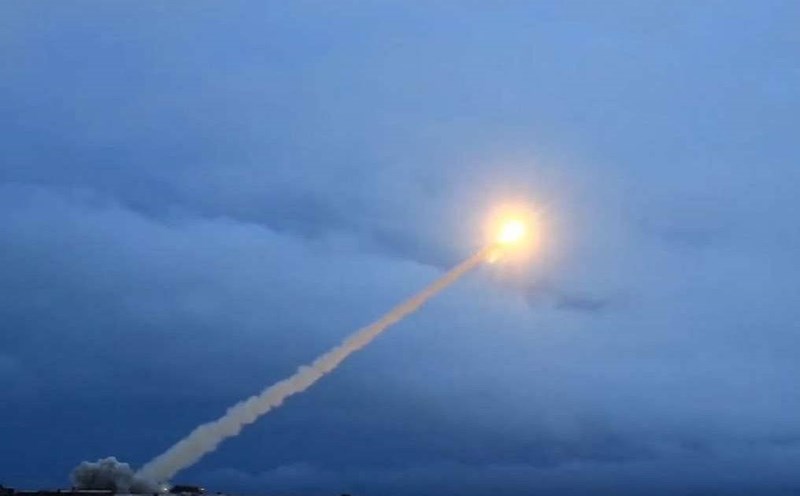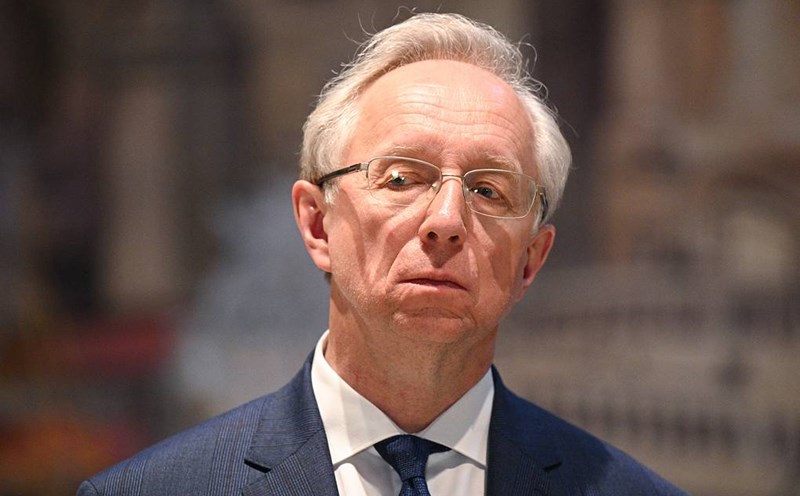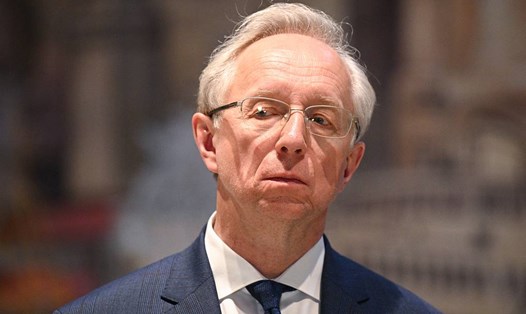On November 8, Afghanistan's Taliban spokesman Zabihullah Mujahid said that the failed negotiations were due to Pakistan demanding that Afghanistan take responsibility for Pakistan's internal security, which he said was beyond Putin's ability.
Mr. Zabihullah Mujahid affirmed that Afghanistan still complied with the ceasefire and did not violate the agreement. Previously, Pakistan Defense Minister Khawaja Muhammad Asif said that the talks in Istanbul, Turkey to prevent the risk of a new conflict had collapsed, and stressed that the ceasefire would continue if there were no attacks from Afghanistan.
The two countries had a gunfight between soldiers in the border area on the same day the new round of talks took place in Istanbul. A month earlier, the two sides' armies clashed fiercely, killing dozens, in what was seen as the worst violence since the Taliban returned to power in Afghanistan in 2021.
Afghanistan and Pakistan signed a ceasefire in Doha, Qatar in October. However, the next round of talks in Istanbul still cannot reach a long-term agreement due to disagreements regarding armed groups against Pakistan operating inside Afghanistan.
For decades, Pakistan and the Taliban have maintained a warm relationship. However, the relationship between the two sides has clearly declined in recent years. Before the clash in October, Pakistan had conducted airstrikes in the Kabul area and many other locations to kill the Taliban leader in Pakistan.
Despite failed negotiations, both sides affirmed that the ceasefire is still in effect, but the prospect of a long-term peace agreement is still unpredictable as strategic trust between the two sides continues to decline.










